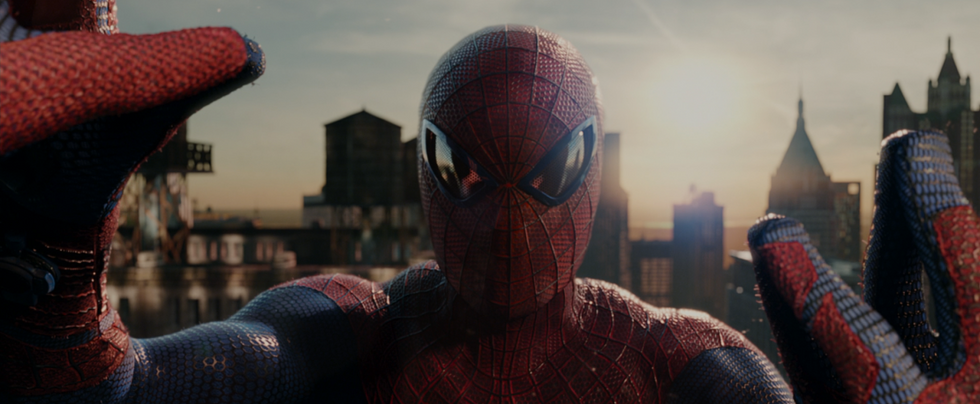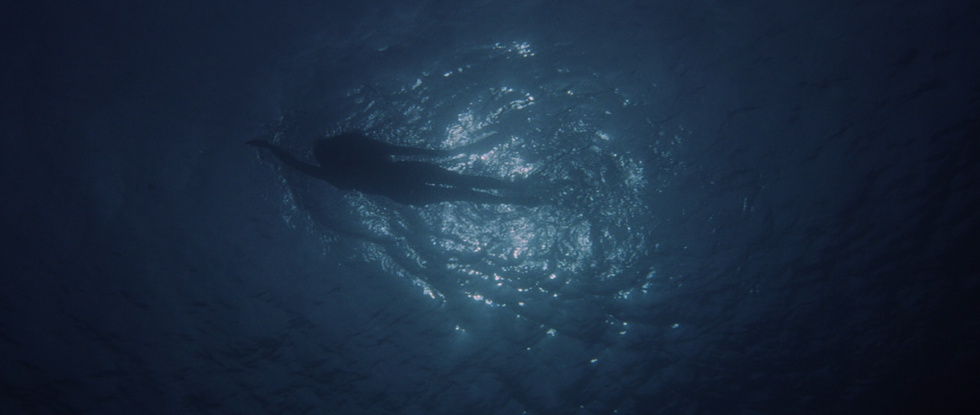A Documentary Filmmaker May Have Finally Ended the Ridiculous 'Happy Birthday' Song Copyright Claim
For decades now, the tyranny of the "Happy Birthday" copyright claim has befuddled filmmakers, radio hosts, and massive chain restaurants alike.

But a new piece of "smoking gun" evidence in a lawsuit brought against the copyright holders may finally help release the song into the public domain.
First, a little bit of background. The rights for the song "Happy Birthday to You" — the one that has been sung at every children's birthday party ever — have been owned by Warner/Chappell since the late 1980s. And to say that the media conglomerate has exercised those rights aggressively would be an understatement. That in and of itself isn't particularly strange, as copyright law exists to provide legal protections for content creators. What is strange, however, is that the song in question was originally written in the 1890s. Most, if not all, creative works from that time period are in the public domain, but not "Happy Birthday to You."
To explain the situation a bit further, here's a tremendously insightful video from PBS's Idea Channel which delves into the history of the "Happy Birthday" song, and explains why it should be in the public domain.
Essentially, it comes down to the fact that under US copyright law, any public or commercial uses of copyrighted material can be restricted by the copyright holder. In the case of Warner/Chappell, the company has gone all out to collect royalties from anyone using the melody or lyrics outside of private gatherings, even going so far as to demand royalties from restaurants that sing the song to customers. This is also the reason that the song "For He's a Jolly Good Fellow" is often used in film and television during birthday scenes; the filmmakers can't afford (or just don't want to pay for) the rights to use the song. All in all, it's estimated that Warner brings in roughly $2 million per year just in "Happy Birthday to You" royalties.
The only problem? The song may have been in the public domain all along.
A new piece of evidence in a 2013 lawsuit brought against Warner/Chappell by documentary filmmaker Jennifer Nelson might show that the company's copyright claim is invalid. The publication on which Warner bases their copyright claim dates back to 1935, but a newly discovered 1927 songbook, which includes the lyrics and melody to the song without any copyright notice, predates that publication by eight years. Depending on how this new evidence is interpreted, it could show that the song was already in the public domain when the initial copyrights were filed in 1935. Here's an odd little news clip that explains why this new evidence is significant:
If the court rules in favor of Nelson, not only is it likely that "Happy Birthday to You" will be released into the public domain, but it could open up Warner/Chappell to a much larger class action lawsuit brought on by content creators who have paid royalties — sometimes in the neighborhood of six figures — in order to use the song in their works. It would also be a symbolic victory for folks fighting to overhaul the US copyright system, which many argue is broken because it has been hijacked by large corporations who have used their deep pockets to influence several legal expansions of copyright terms.
Of course, the lawyers for Warner/Chappell have disputed that this new evidence proves that the song should reside in the public domain. At this point, the fate of "Happy Birthday to You" is in the hands of a judge in New York, and a ruling in this case is expected within the coming weeks. In the meantime, if you happen to enjoy reading legal documents, you can read the legal brief which introduced this new evidence here.
An Old Songbook Could Put ‘Happy Birthday’ in the Public Domain - The New York Times
Source: The Hollywood Reporter

 'The Amazing Spider-Man' (2012)
'The Amazing Spider-Man' (2012) 'Jaws' (1975)
'Jaws' (1975)









